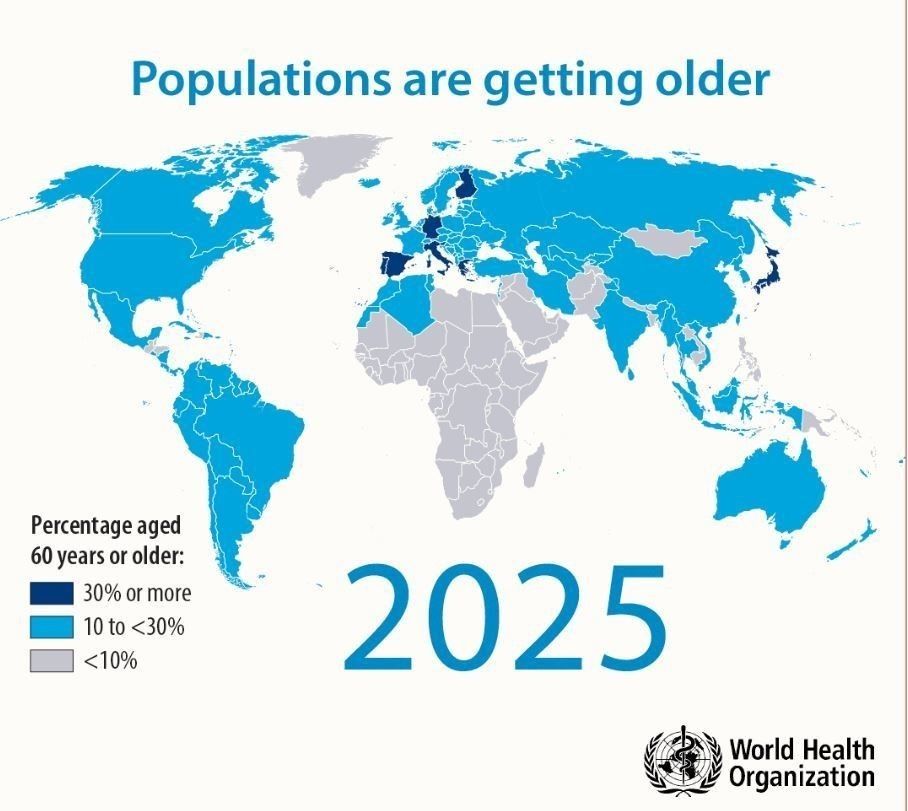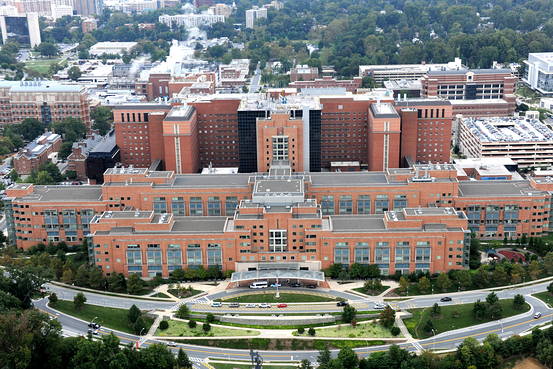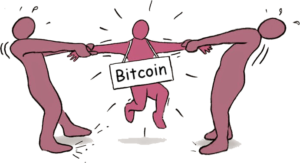Jan 15, 2017
Chinese humanoid robot turns on the charm in Shanghai
Posted by Dan Kummer in categories: cyborgs, economics, finance, robotics/AI
“Jia Jia” can hold a simple conversation and make specific facial expressions when asked, and her creator believes the eerily life-like robot heralds a future of cyborg labour in China.
Billed as China’s first human-like robot, Jia Jia was first trotted out last year by a team of engineers at the University of Science and Technology of China.
Team leader Chen Xiaoping sounded like a proud father as he and his prototype appeared Monday at an economic conference organised by banking giant UBS in Shanghai’s futuristic financial centre.







 But the transaction units will continue to grow as needed, because the pie is divisible into very, very tiny units:
But the transaction units will continue to grow as needed, because the pie is divisible into very, very tiny units:










